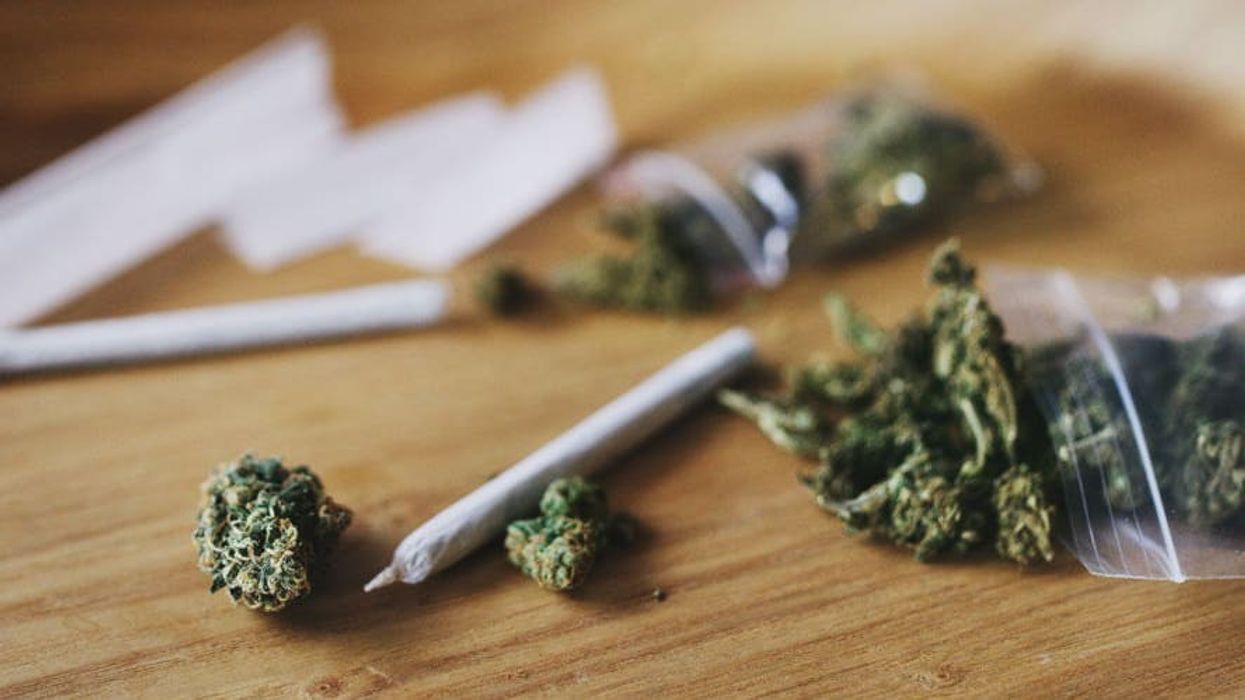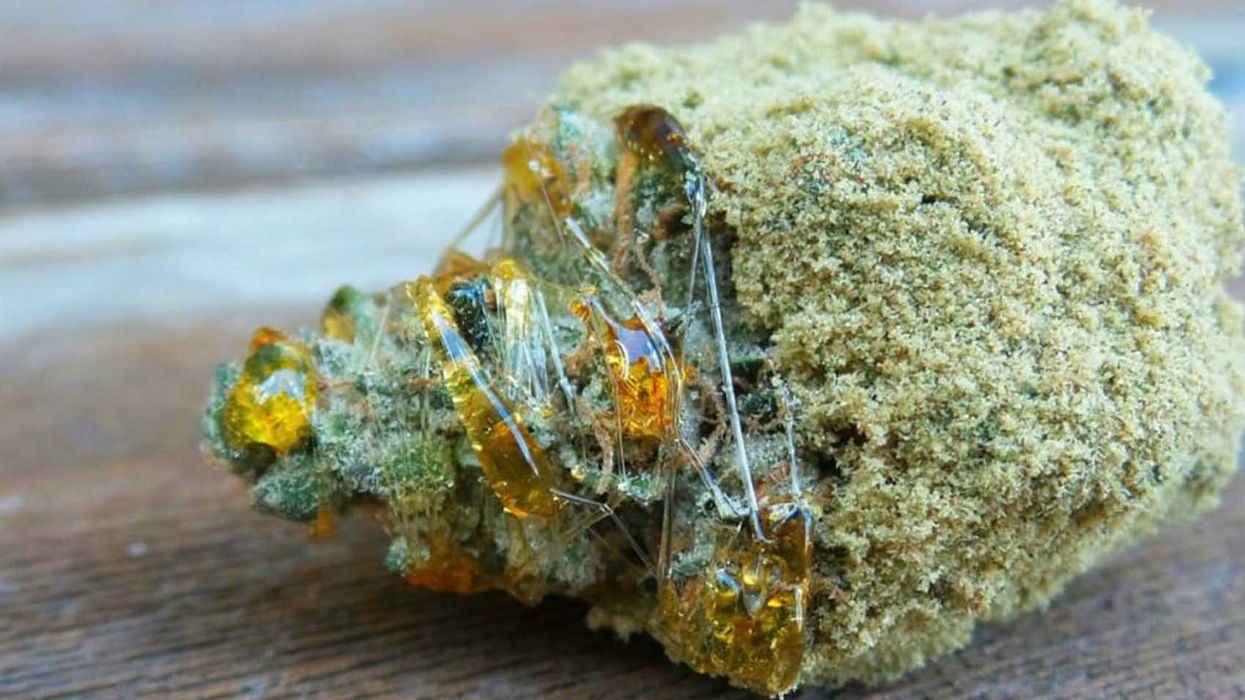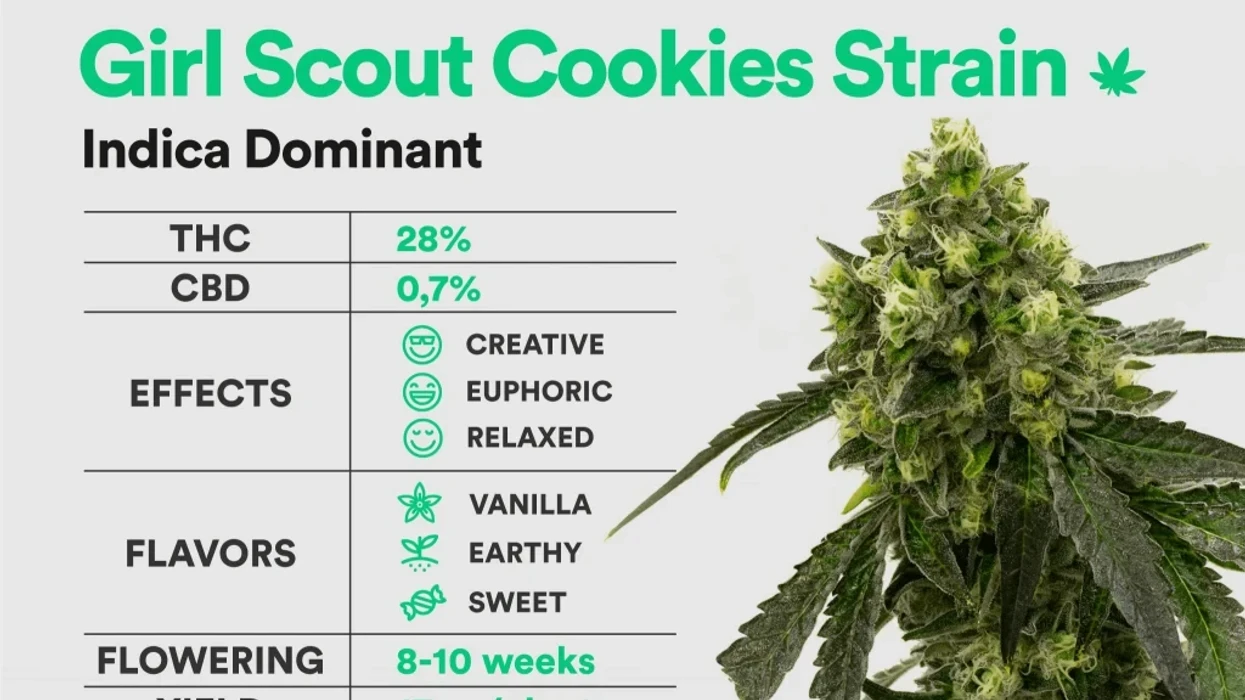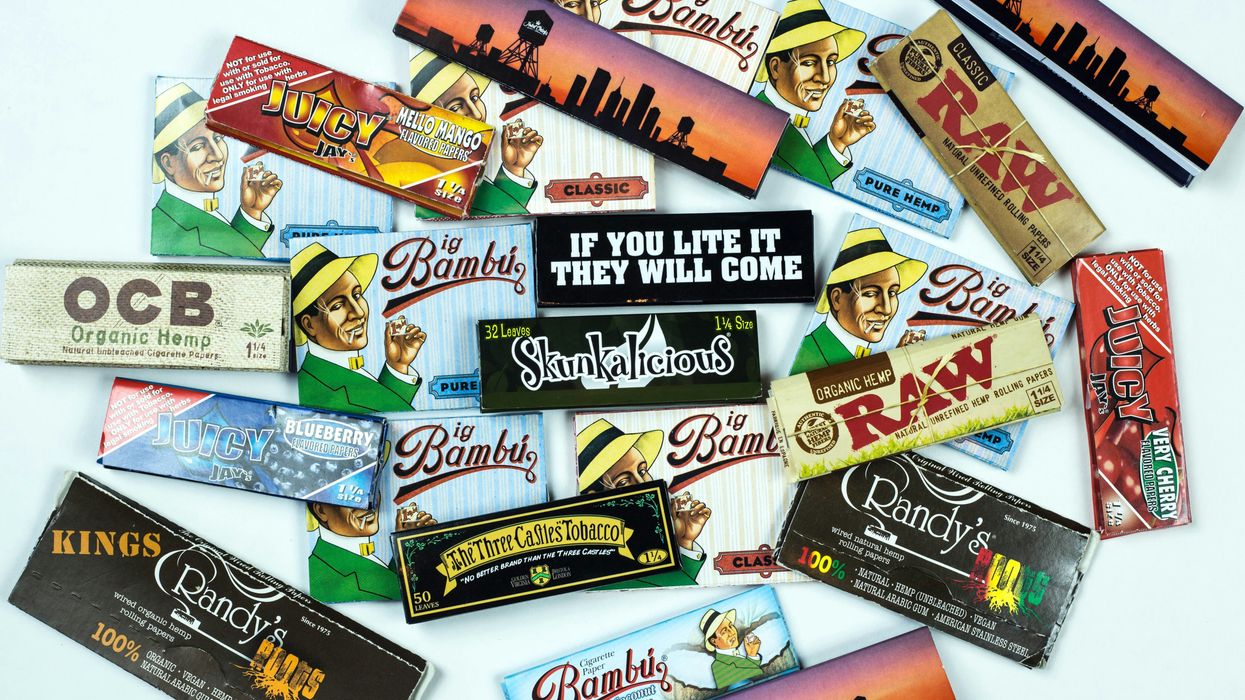A recent experiment conducted by NY Cannabis Insider has led to a statewide policy change in New York State regarding the testing and labeling of legal recreational cannabis products. The experiment involved purchasing the eight highest-potency strains of legal recreational cannabis available in the state and submitting them for potency testing at a state-certified laboratory. The results showed that the majority of the products available on the market contained significantly lower THC levels than advertised:
- One strain showed 33.8% THC on the consumer-facing label, while testing said the actual number was 21.7%
- The lab found another product contained 17.7% THC, while its label advertised 28.5% – a roughly 47% difference
- Only three samples came within a 10% margin of error from their labeled potency, which is more or less the variance state regulators are proposing be allowed for the New York industry
- Only one out of the five brands had gone through testing for state-certified potency, and its strength was almost exactly what the label stated.
The discrepancy between the labeled and actual potency of the products was due to a government band-aid called line testing, which allows flower and pre-rolls to be sold without measuring actual potency and instead advertise "anticipated potency".
This policy has now been changed by the Office of Cannabis Management (OCM), which has concluded that the state's flower "should be tested for potency" and has announced an end to its line testing program for flower and pre-rolls.
The OCM also stated that it is updating its testing protocols due to a greater than expected variability of potency testing for flower, and will constantly monitor data and update standards and protocols to reflect the findings. The policy change affects every cannabis grower, processor, and consumer in the state.
“Cannabis consumers have a right to rely on the accuracy of packaging and labeling, and manufacturers and marketers have a duty to ensure the safety of their products and the accuracy of the representations on their labels,” Sheri Tarr, the chief advisor of cannabis consulting firm '68 Partners told NY Cannabis Insider.
The experiment conducted by NY Cannabis Insider has highlighted the need for proper testing and labeling of cannabis products to ensure the safety and accuracy of information for consumers.
The policy change by the OCM is a step in the right direction towards creating a more transparent and accountable cannabis market in New York State.
















 New England Patriot Rob Gronkowski at the Revelry Buyers Club 2024 - The Bluntness
New England Patriot Rob Gronkowski at the Revelry Buyers Club 2024 - The Bluntness Temeka Group's Mike Wilson with Happy Munkey's Vlad Bautista at the Revelry Buyers Club 2024 - Basilica Hudson.
Temeka Group's Mike Wilson with Happy Munkey's Vlad Bautista at the Revelry Buyers Club 2024 - Basilica Hudson. 
 Are you not entertained????? On The Revel - Revelry Buyers Club
Are you not entertained????? On The Revel - Revelry Buyers Club
 Jenny Argie, the cannabis entrepreneur at the center of a allegations against NY's Office of Cannabis Management
Jenny Argie, the cannabis entrepreneur at the center of a allegations against NY's Office of Cannabis Management